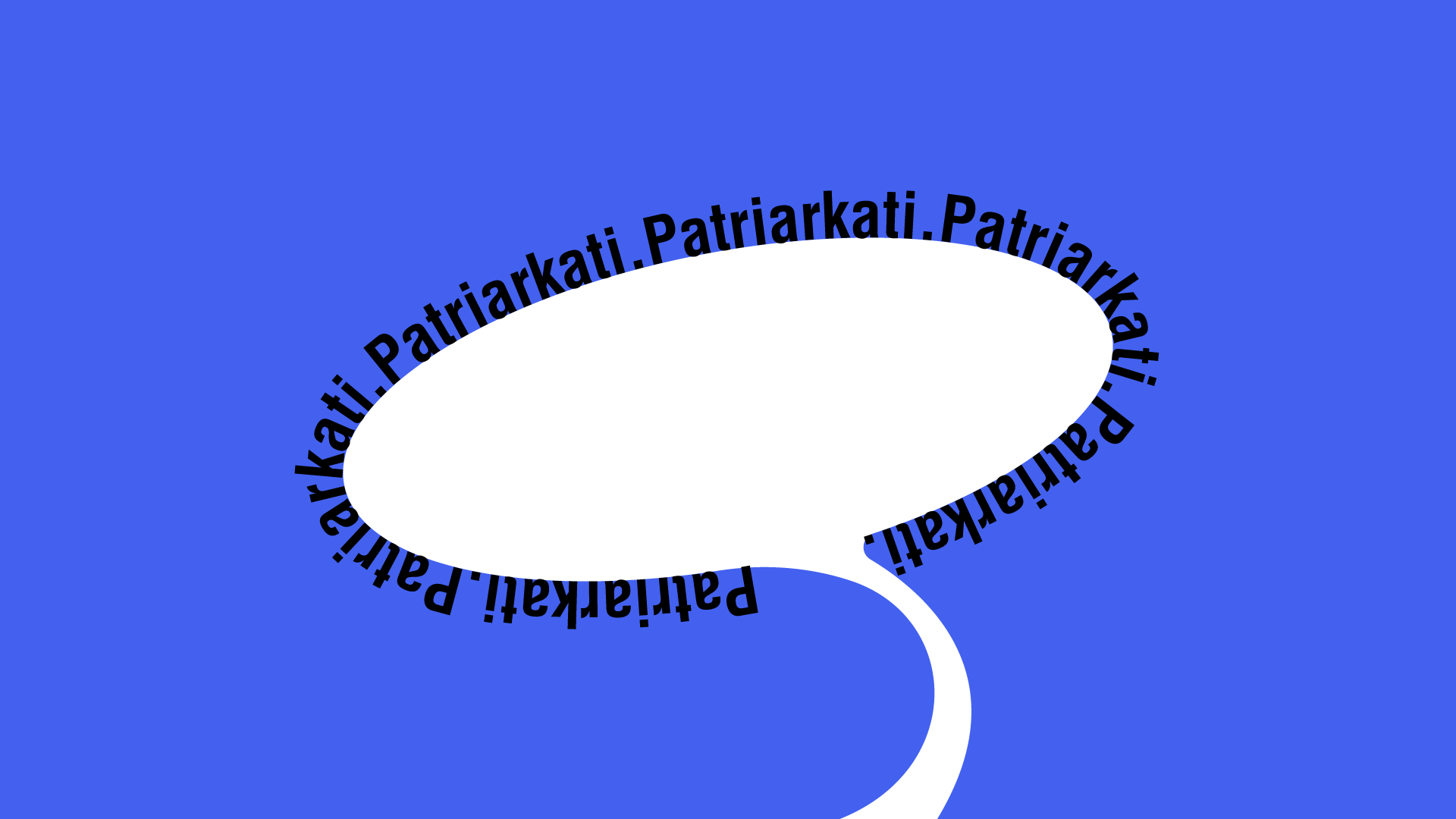
What's your problem with women?
Kosovo needs a revolution for gender equality.
It is saddening that even today the same gender stereotypes are reproduced in schools.

Argnesë Haxhijaj
Argnesa Haxhijaj completed her Bachelor’s in Journalism at the University of Prishtina and is currently completing her Master’s in Communication for Social Change and Behavior at the University of Tirana.
This story was originally written in Albanian.